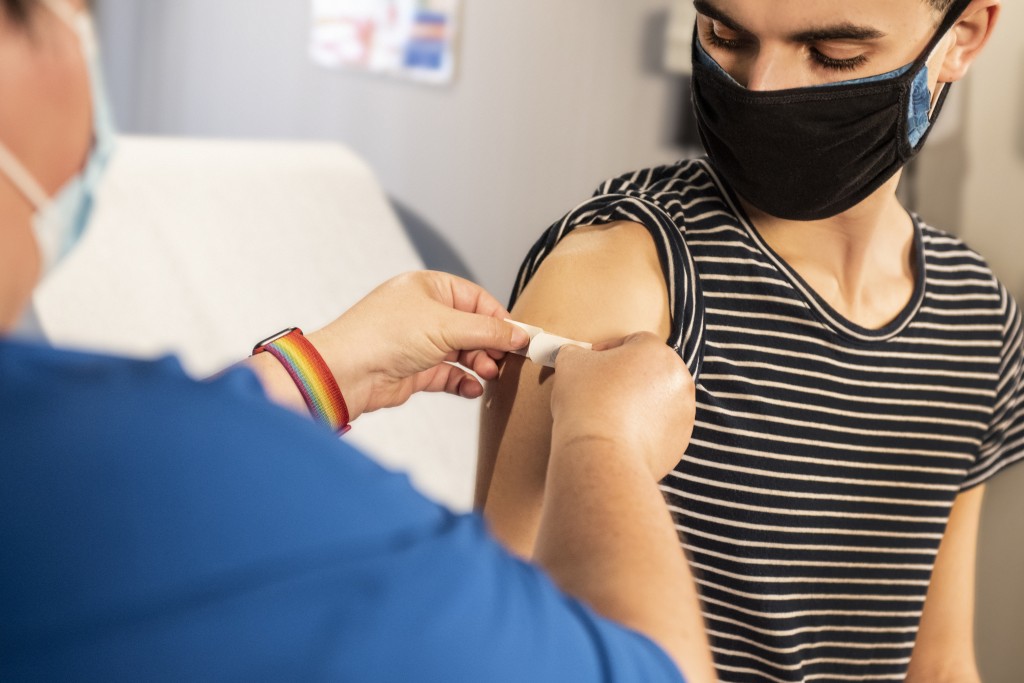Sublocade® is a form of buprenorphine that can be used to treat opioid addiction. It’s an injectable, long-acting medication typically administered once monthly in the office or clinic setting by a trained physician or nurse practitioner. It lasts for 1 month but needs to be administered once per month to ensure effectiveness and avoid withdrawal symptoms.
There are many benefits to sublocade, including its low risk of overdose and abuse. Luckily if you do have access to this drug, you will find few side effects and plenty of benefits.

How Does Sublocade Work?
Sublocade is a form of buprenorphine, which means it works much in the same way as drugs like Suboxone and Zubsolv. It stops people from feeling withdrawal effects when they stop using opioids. This makes it difficult to abuse because without the opioid high, there’s no reason to abuse the drug. It works by attaching to the same receptors in the brain as opioids like heroin and morphine, but it doesn’t produce the same high.
Why is Sublocade so Effective?
One of the biggest benefits of sublocade is that it lasts for a long time. This means that patients don’t have to worry about taking a medication every day or even every week. It also means that they can’t miss a dose without feeling withdrawal effects. This makes it much more likely that people will stick to their treatment plan, which is essential for recovering from addiction.
You must come up with a schedule and an accountability system when taking sublocade because you and your support system want to ensure that you take the drug once per month.
You also need to be aware of how long the medication takes to metabolize, which is just over a month. This means that if you stop using sublocade after a couple of months, it will still be detectable in your system for at least another month.
What Does Sublocade Treatment Involve?
The first step of sublocade treatment is detoxification. This should only be taken when absolutely necessary because this method often involves severe withdrawal symptoms that can be difficult to overcome without professional help.
Unless there is an emergency where someone’s life would be put in danger by not stopping opioids immediately, detox alone isn’t enough treatment for addiction.
Detoxification helps rid the body of opioids and prepares it for sublocade treatment. Detox can be done in a hospital setting or an outpatient clinic with medication-assisted treatment.
Once detox is complete, the patient will begin sublocade treatment. This involves receiving an injection of sublocade every month. The patient will also need to see a doctor or nurse practitioner regularly for checkups and ensure that they are taking the medication correctly and that there are no negative side effects.
Steps for Treatment & What to Expect
The steps for sublocade treatment are straightforward. You’ll need an initial screening appointment designed to assess your addiction and overall health. If you’re deemed a good candidate for sublocade, you’ll be given a prescription, and monthly checkups will be scheduled so that you can receive your dose. If you miss an appointment or stop taking the sublocade for any reason, you may experience withdrawal symptoms. That’s why it’s so important to stick to your schedule.
How to Know if Sublocade is Right for You
If you or a loved one are struggling with opioid addiction, sublocade may be the right treatment for your situation. If you’re an appropriate candidate for this medication, it can be very beneficial in helping achieve long-lasting recovery from addiction.
Further, sublocade works fast to eliminate withdrawal symptoms and cravings so that substance abuse is not an option. Finally, this medication specifically targets the root of opioid addiction instead of simply covering up the effects like other drugs on the market. This means there’s less chance for abuse because there’s no high associated with taking sublocade.
Sublocade is not a new treatment for opioid addiction, but it is gaining a lot of attention from medical professionals because of its high success rate. If you or a loved one is struggling with addiction, it’s important to get help as soon as possible. Contact us for more information
